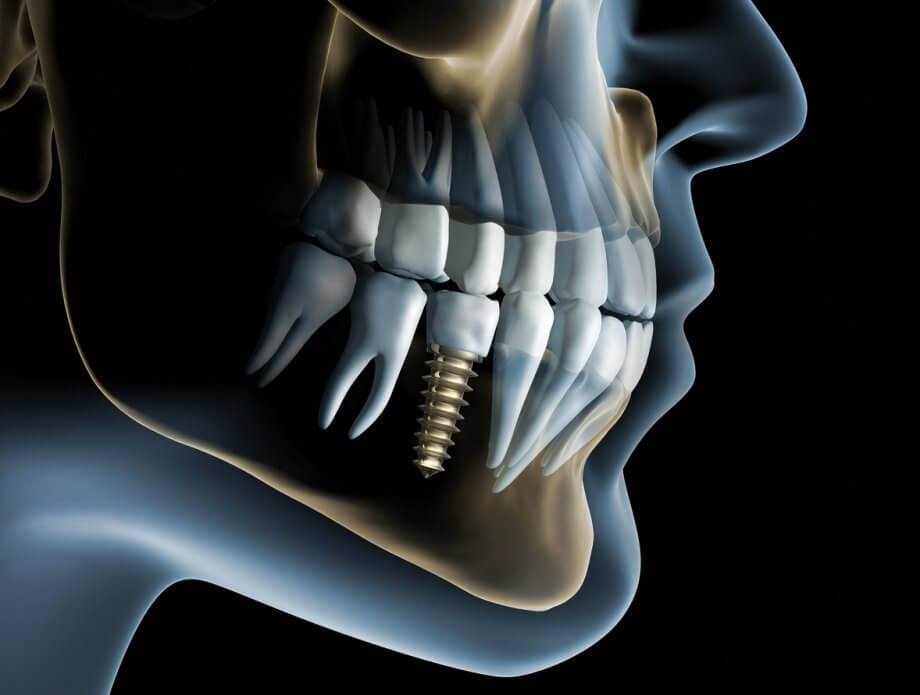One of the unfortunate consequences of missing teeth is bone loss in the jaw. The result is not just functional problems, but aesthetic too--over the years, the shape of your face will change, causing features to sag and appear sunken. When it comes to dental implants and bone loss, there is no better option for both restoring your natural smile and keeping the structure of your jawbone intact. Read on to find out more.
How do dental implants prevent bone loss?
The bone loss that occurs when teeth are missing is called resorption. Like muscles, bones are strengthened by physical stimulus. The daily activities of chewing and biting keep your jawbone strong. When teeth are missing, the jaw no longer gets that stimulus and your body begins breaking down the bone.
Unlike traditional dentures and bridges, dental implants are placed into the jawbone; this both prevents future bone loss and stimulates the growth of new bone. For this reason, dental implants have become the preferred option for replacing missing teeth.
Why is preventing bone loss so important?
When the jawbone begins to deteriorate, overall oral health can also begin to decline. Your bite may weaken; other teeth may become loose and fall out. The eventual outcome is a situation that is costly and time-consuming to repair.
Bone loss also causes premature aging in the face, with lips and cheeks sagging, causing patients to feel self-conscious and embarrassed in social situations.
Can I get dental implants if I've already experienced bone loss?
Depending on the severity of your bone loss, the answer is usually yes, but we cannot give you a definitive answer until seeing you in our office.
When a patient already has some degree of bone loss in the jaw, we can perform a bone grafting procedure, using either your own natural bone or artificial grafting material, to spur the growth of new bone. This may take several months, but when bone growth is successful, it provides a secure foundation to support your dental implants. Without adequate jawbone support, dental implants are at a high risk of failure, so even though the grafting process can be frustrating for patients eager to get their implants right away, it is worth taking the time to set you up for the best possible outcome.
Do dental implants cause bone loss?
The vast majority of patients have successful dental implant placement. Dental implants are used because of their ability to prevent bone loss, but there are rare circumstances when dental implants can cause bone loss. Peri-implantitis is an infection that causes inflammation around the implant, leading to bone loss, but this condition is uncommon.
Learn More About Dental Implants
If you would like to learn more about dental implants and bone loss, or have us evaluate whether dental implants are an option for you, we would be happy to meet with you in person to discuss your unique situation. Contact us today and make an appointment at one of our four Oklahoma oral surgery practices.

